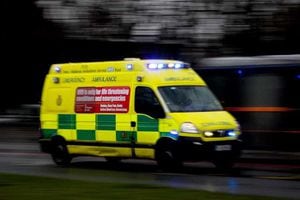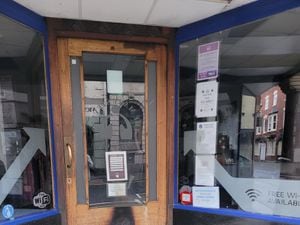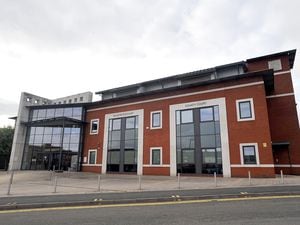Revealed: Where ambulances can't go without police escorts in the West Midlands
Dozens of homes in the Black Country and Staffordshire are blacklisted by West Midlands Ambulance Service over fears of paramedics' safety.

Police escorts are required for ambulance staff visiting 52 addresses in the West Midlands which have been flagged up as 'dangerous places'.
They include properties in Wolverhampton, Walsall, Sandwell, Dudley, Wyre Forest and Staffordshire.
The addresses become blacklisted on the back of reports by paramedics from previous visits.
Reasons range from dangerous dogs, attacks on staff and verbal abuse.
Letters are written to the addresses where possible, and they are reviewed regularly by ambulance bosses.
The number of addresses in each postcode came from a Freedom of Information Act request sent in to the service.
Spokesman Murray McGregor said: "If a crew go to a place where they have been assaulted, they will report it in their paperwork - it is then it will get flagged up.
"We go through a number of step from that stage. We can write to the address, tell them the situation, but in some cases we have to take action.
"It is about ensuring the safety of our staff while they go about their work."
Mr McGregor added: "There can be a delay in getting to that address."
The number of blacklisted addresses has fallen from 2015 when there were 79. But in 2011 there were just 11.
The figures come as attacks on ambulance staff continue to rise.
The service have been victims of 525 verbal assaults and 362 physical assaults for the current financial year.
Verbal assaults are up from 473 between April 2015 and March 2016 and 398 the previous year. Physical assaults have increased from 298 between April 2015 and March 2016 and 231 the previous year.
The figures show West Midlands Ambulance Service has the third highest number of assaults within the 10 UK ambulance trusts once again.
The executive team at the service has recently considered the use of body worn CCTV cameras for front line staff.





